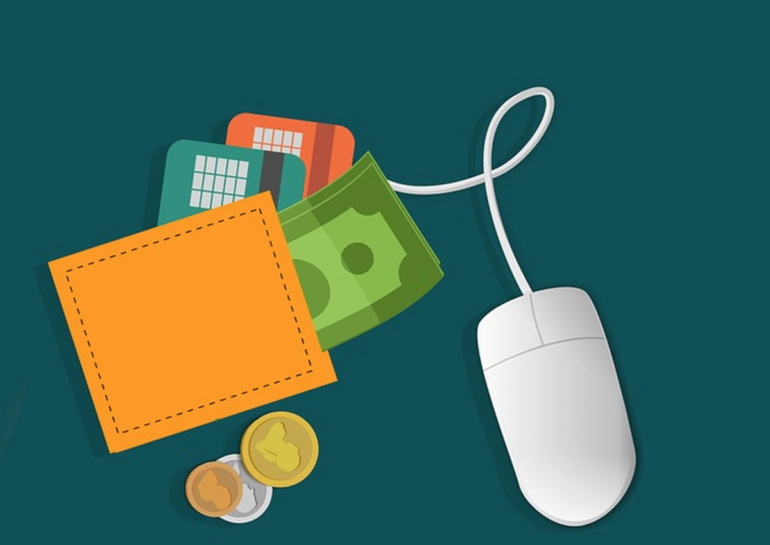Singapore has finally unveiled four successful bidders for its digital bank licences, one fewer than the five it was expected to issue. Alibaba’s Ant Group, joint bidders Singtel and Grab, as well as internet services company Sea have each snagged a licence, and are expected to begin operations from early-2022.
The announcement comes months after a decision, originally slated to be made in June, was delayed due to the COVID-19 outbreak. Successful applicants still must fulfil all relevant prudential requirements and licensing pre-conditions before they are granted their respective banking licences, said Monetary Authority of Singapore (MAS) in a statement late-Friday.
The consortium comprising Grab and Singtel as well as Sea have been issued digital full bank licences. Ant and another consortium comprising Greenland Financial Holdings, Linklogis Hong Kong, and Beijing Co-operative Equity Investment Fund Management have been given digital wholesale bank licences.
Full bank licensees would be allowed to offer financial services and take deposits from retail customers, while wholesale bank licensees would serve small and midsize businesses (SMBs) and other non-retail segments. Only companies headquartered in Singapore and controlled by Singaporeans were eligible to apply for digital full bank licenses. Foreign companies keen to join the ranks had to form a joint venture with a local company, with the joint venture entity headquartered in Singapore and controlled by Singaporeans.
MAS initially announced plans to issue up to five digital bank licenses as part of efforts to add market diversity, giving non-bank organisations the ability to offer digital banking services. It had received 21 applicants for the licences, which had included a consortium led by local wellness and lifestyle brand V3 Group and contactless card company EZ-Link, and games hardware maker Razer, and internet company Sea. This list was later narrowed to 14 applicants.
Today’s announcement meant that it had held back on issuing a third wholesale bank licence.
MAS said the two successful bidders were assessed to be “demonstrably stronger” across the criteria needed for the wholesale licence, which it noted was introduced as a pilot. The industry regulator said it would review whether to grant more of such licences in the future.
It added that all applicants were evaluated based on their business model value proposition and “innovative use” of technology to serve customers, ability to manage a sustainable digital banking business, as well as their growth prospects and contributions to Singapore’s financial industry.
MAS’ managing director Ravi Menon said the digital bank licensees were expected to thrive alongside incumbent players and provide “quality” financial services, especially for business and consumer segments that currently were underserved.
Following the announcement on Friday, incumbent local bank DBS released a brief statement welcoming its new competitors. Noting that digital banking was “already a reality”, it said its “strong capital position” and physical capabilities would serve well alongside its digital offerings to differentiate the bank’s services in the market.
Grab-Singtel to set up dedicated team
In a joint statement released Friday, Grab and Singtel said their consortium would establish a dedicated team comprising 200 roles by end-2021 and target to launch in early-2022.
They added that efforts already were underway to put together a team with backgrounds in banking, fintech, and technology, and roles in product, data, cybersecurity, and technology. Employees also would be trained with skillsets in cyber and data security, data science and analytics, and tech engineering.
Led by CEO Charles Wong, the consortium’s digital bank would look to serve consumers as well as SMBs, including gig workers with flexible incomes and micro-SMBs that had limited access to financing.
Grab owns a 60% stake in the consortium, with its telco partner holding the remaining 40%. From its initial days as a ride-sharing operator, Grab since has expanded its service offerings to include food and parcel delivery and digital payments, and across eight Southeast Asian markets, including Malaysia, Indonesia, and Thailand.
In its statement Friday, Sea said its digital bank would look to “innovate” its processes and products by tapping insights from its user base spanning the company’s digital ecosystem, which includes e-commerce company Shopee as well as online game developer Garena and mobile payments platform SeaMoney.
Singapore-headquartered Razer, which failed in its bid to secure a licence through its finance arm Razer Fintech, said it had hoped to begin its journey here, but its plans to expand the business into digital banking remained “unchanged”.
The company had led a group for its bid for a digital full bank licence and that comprised several partners, including automative online marketplace Carro and Sheng Siong Holdings, a firm privately owned by local Singaporean entrepreneurs behind local supermarket chain, Sheng Siong Group. The consortium had hoped to target the youth consumer segment.
